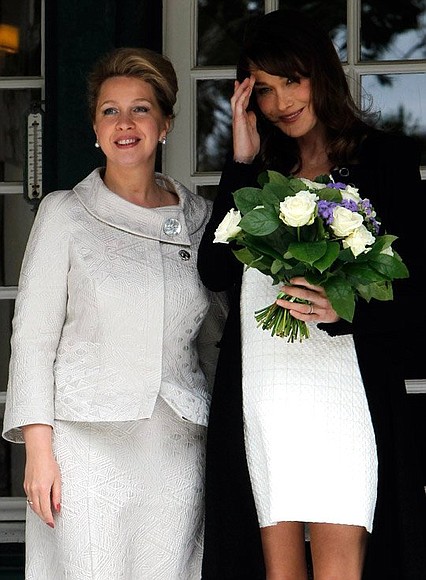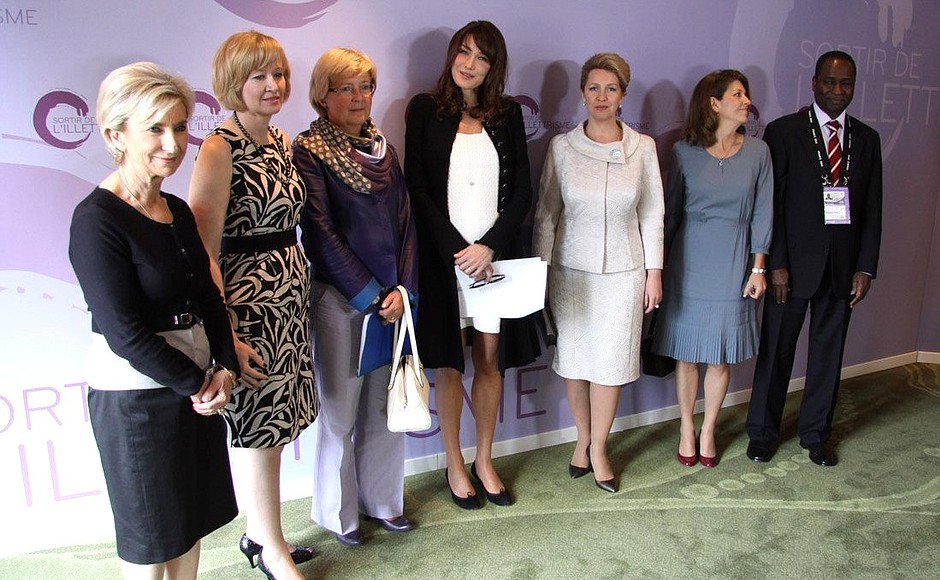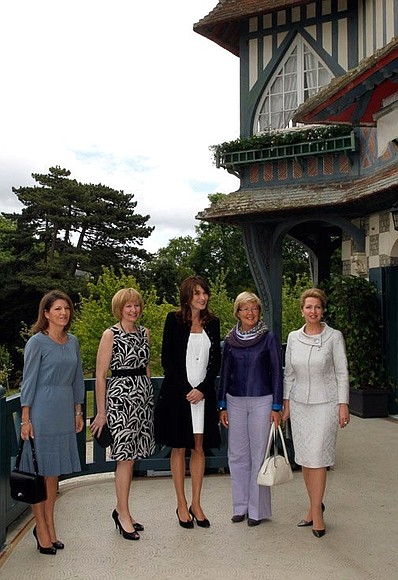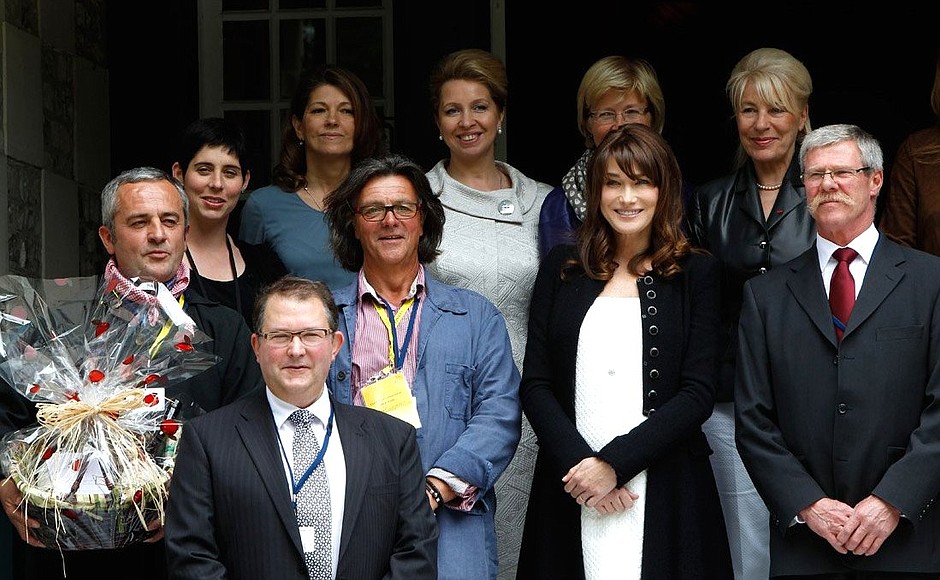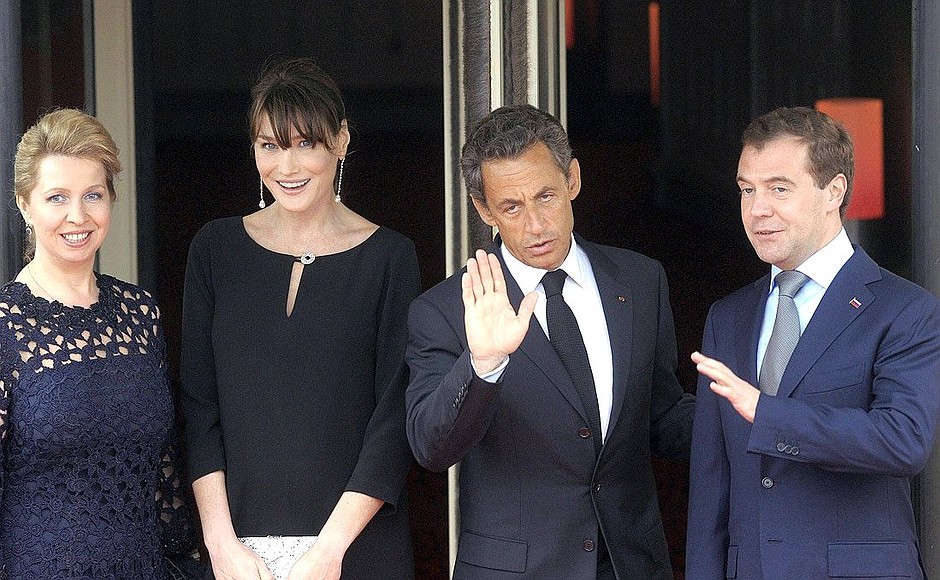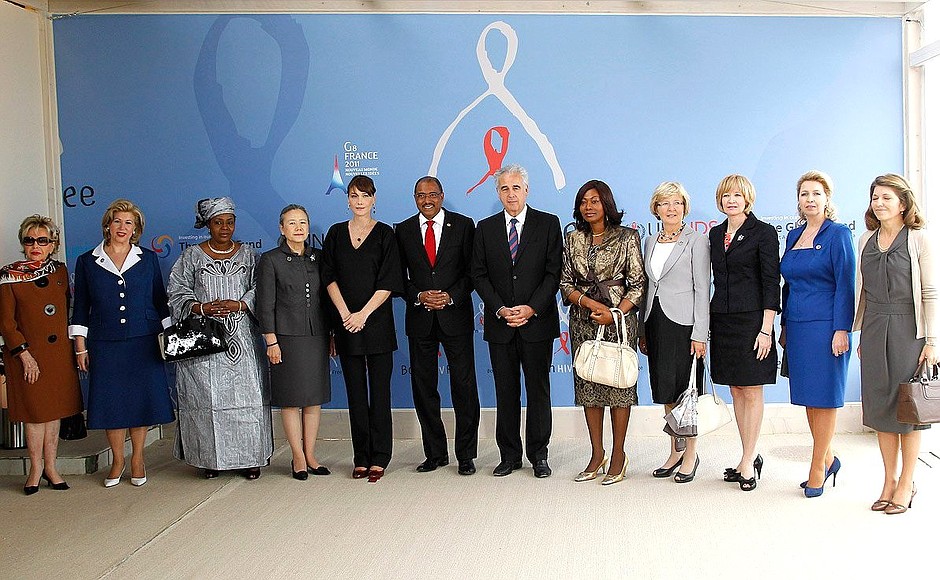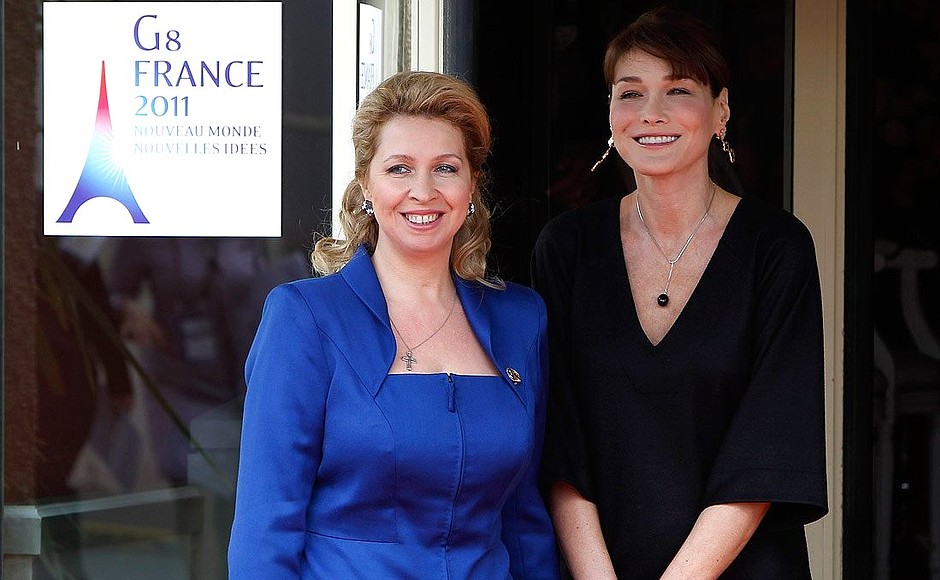Meeting participants first watched a short film about adult illiteracy and ways to resolve this problem, and then discussed the issue.
Russia’s First Lady noted in her speech that the only way to overcome this global challenge is to work together. According to Svetlana Medvedeva, illiteracy cannot be allowed in the modern world, where the Internet is actively progressing and public interest toward information and knowledge is growing.
According to Mrs Medvedeva, particular attention should be given to women, who account for two thirds of illiterate people, as well as ethnic minorities, migrants and refugees, children and youth who don’t go to school, and people with disabilities.
The First Lady of Russia told the others meeting participants about how this problem is being tackled in Russia.
Fighting the spread of AIDS was one of the subjects on the agenda at the summit’s second day of work. The wives of the leaders of several African countries – Guinea, Nigeria, Cote d’Ivoire, and Senegal – also took part in the discussion, as did Ban Soon-taek, the wife of the UN Secretary General, Michel Kazatchkine, executive director of the Global Fund to fight AIDS, Tuberculosis and Malaria, and Michel Sidibe, executive director of the Joint UN Programme on HIV/AIDS.
Svetlana Medvedeva spoke about what is being done in Russia to ensure that HIV-positive mothers have the chance to give birth to healthy children. The First Lady said that the number of HIV-positive newborns in Russia has dropped by more than half over the last ten years. Mrs Medvedeva called for governments and international organisations and NGOs to join their efforts to ensure the health of HIV-positive children and their mothers.
